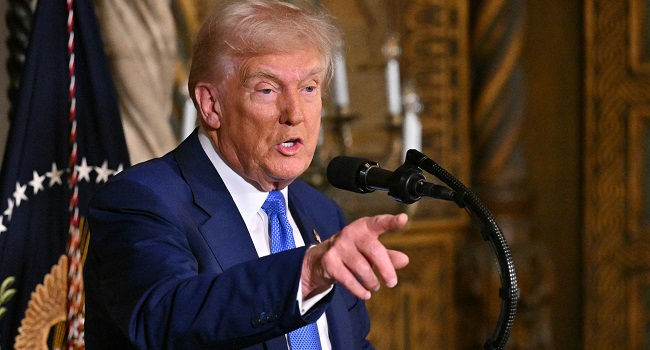Bitcoin experienced significant volatility following President Donald Trump’s tariff announcement on April 2. The cryptocurrency surged to $88,000 before plummeting to $82,000. By April 3, it had stabilized around $83,000, with the broader cryptocurrency market losing more than 4%. Key altcoins, including Ethereum and Solana, saw declines of over 6%, reaching their lowest levels in several months.
Analysts believe the tariff news, while initially causing turbulence, may reduce market uncertainty and potentially attract institutional investors.
Despite higher-than-expected interest rates, many experts believe the increased clarity could enable Bitcoin to regain momentum toward $90,000. On April 2, Bitcoin ETFs, particularly those led by BlackRock, saw $218 million in inflows, reversing previous outflows.
Kraken’s Thomas Perfumo questioned the notion that institutional interest stabilizes the crypto market, pointing out that volatility often signals demand for a scarce asset like Bitcoin.
Some analysts view the recent sell-off as an overreaction to trade policy concerns, emphasizing Bitcoin’s role as a resilient store of value. With strong demand for Bitcoin ETFs, its price could stabilize and rise, although market participants remain cautious as they closely monitor trade policies and broader economic conditions.

